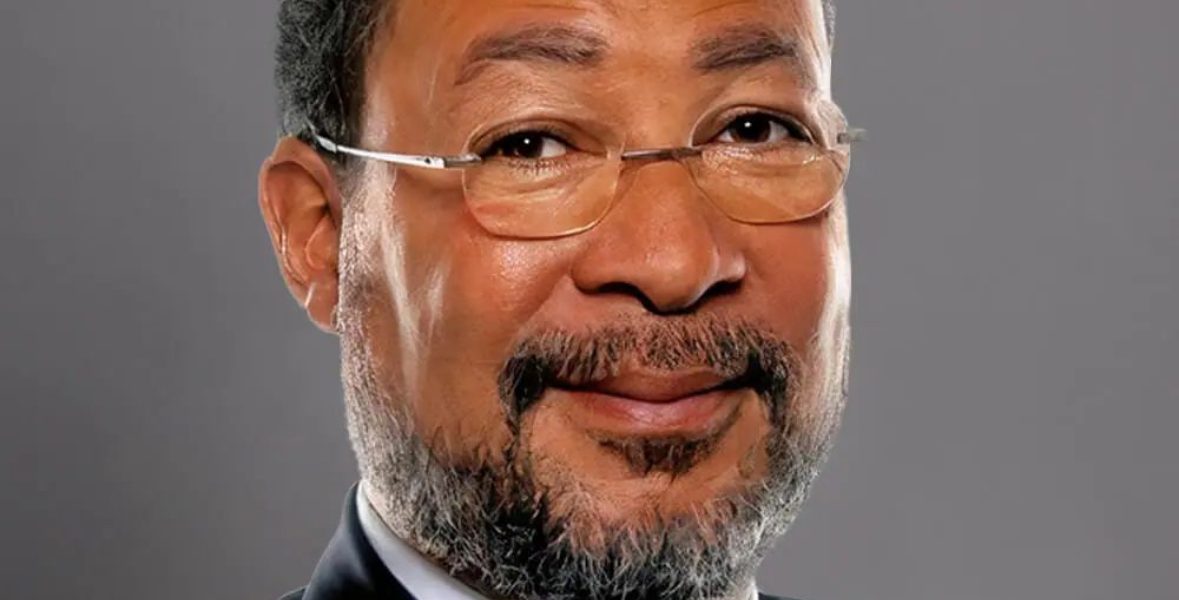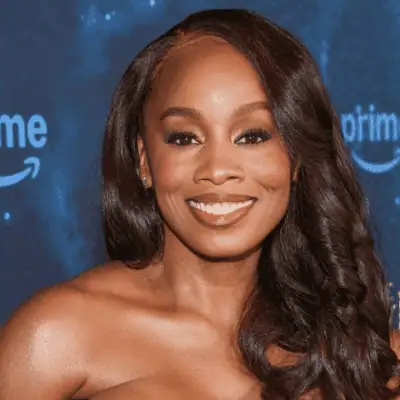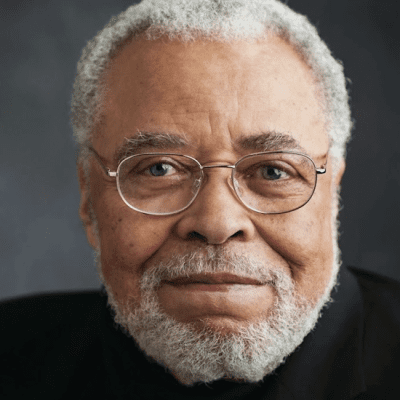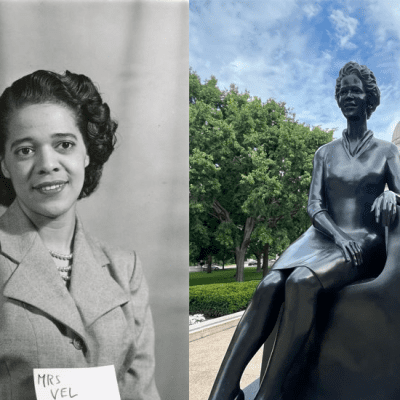In a world where representation matters, Richard Parsons stands out as a powerful figure whose impact on the media industry resonates deeply within the African American community. Born on October 3, 1948, in Brooklyn, New York, Parsons rose from humble beginnings to become a pioneering leader, advocating for diversity and inclusion while shaping the future of media.
Growing up in a nurturing neighborhood, Richard was influenced by the vibrant culture of New York City and the values instilled by his family. He pursued his education at St. John’s University and later earned his law degree from Georgetown University. Armed with knowledge and ambition, he embarked on a journey that would set the stage for remarkable achievements.
Parsons began his career in law at Paul, Weiss, a prestigious firm where his sharp intellect and dedication quickly propelled him forward. But it was in the realm of corporate leadership that he truly made his mark. In 1992, he took the helm at Dime Savings Bank, where he rejuvenated the organization, demonstrating his ability to make waves in a traditionally conservative sector.
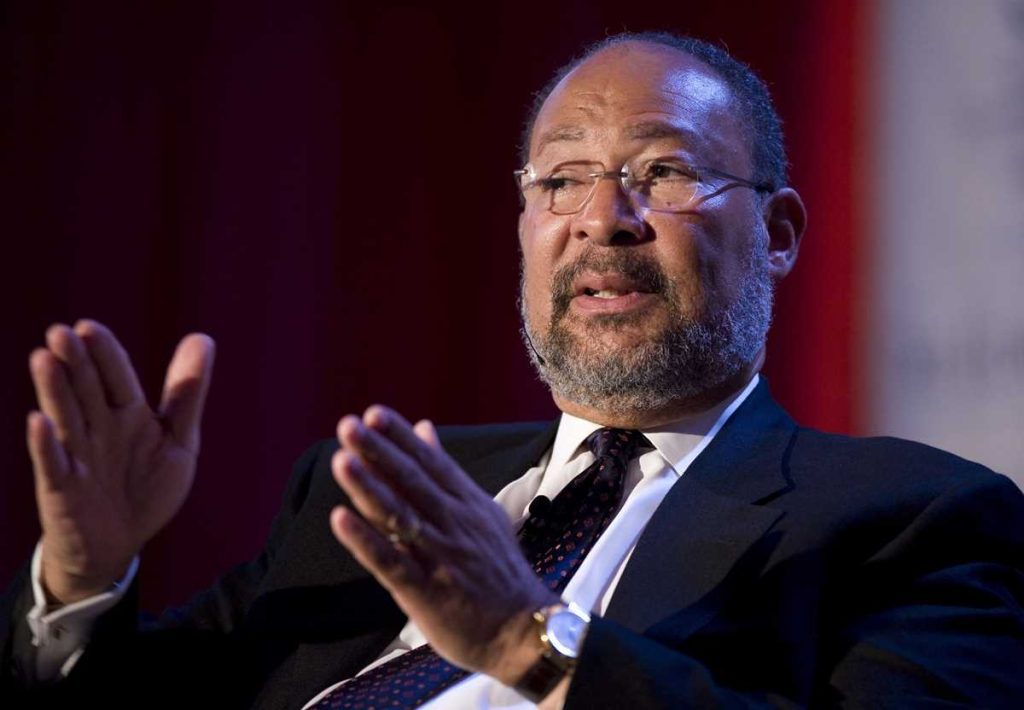
His role as Chairman and CEO of AOL Time Warner in 2000 placed him at the forefront of a groundbreaking merger that sought to bridge traditional media with the burgeoning digital world. Despite the challenges that came with this unprecedented endeavor, Parsons’s leadership remained steadfast, navigating the complexities of an evolving media landscape. His vision was crucial in showcasing how technology could expand access to diverse stories and voices, affecting audiences nationwide.
Parsons didn’t stop there. He went on to serve as Chairman of Verizon Communications, advocating for innovations that transformed the way we consume media. He understood the importance of giving voice to varied narratives, especially those of marginalized communities. In an era where digital content was rapidly changing, his foresight helped pave the way for new opportunities in storytelling that resonate with our culture.
One of Parsons’s most enduring legacies is his commitment to diversity and inclusion. He believed that the stories told in media should reflect the rich tapestry of experiences within the African American community. His advocacy work extended beyond the boardroom—he actively supported initiatives aimed at uplifting underrepresented voices in media. Parsons championed several organizations, including the National Urban League, where he fought for educational programs that empower young people to take up space in media and beyond.
Richard Parsons’s influence was felt far and wide, and he earned respect from colleagues and communities alike. He passed away on December 26, 2024, after bravely battling cancer, leaving a vacuum in the media world but also a powerful legacy. Many in the industry and the African American community honored him, remembering his guidance and contributions that paved paths for future generations.
To continue his mission, institutions and organizations have begun establishing scholarships and initiatives in his name, aiming to foster opportunities that echo his commitment to diversity in media. Richard Parsons is remembered not just for his corporate achievements but as a beacon of hope and empowerment in the media landscape.
Richard Parsons’s journey is a testament to resilience, leadership, and the ongoing fight for representation. His story inspires us all, demonstrating that true leadership in media isn’t solely about profits—it’s about uplifting voices and shaping narratives that reflect the richness of our experiences. His impact will continue to resonate as we strive for a media landscape that embraces and empowers everyone.
As an independent magazine with a small team, we rely on the support of our readers to keep JARO’s content free and accessible to everyone. Please support our ability to continue delivering the best of the African Diaspora with a donation as little as $1. Thank you.


